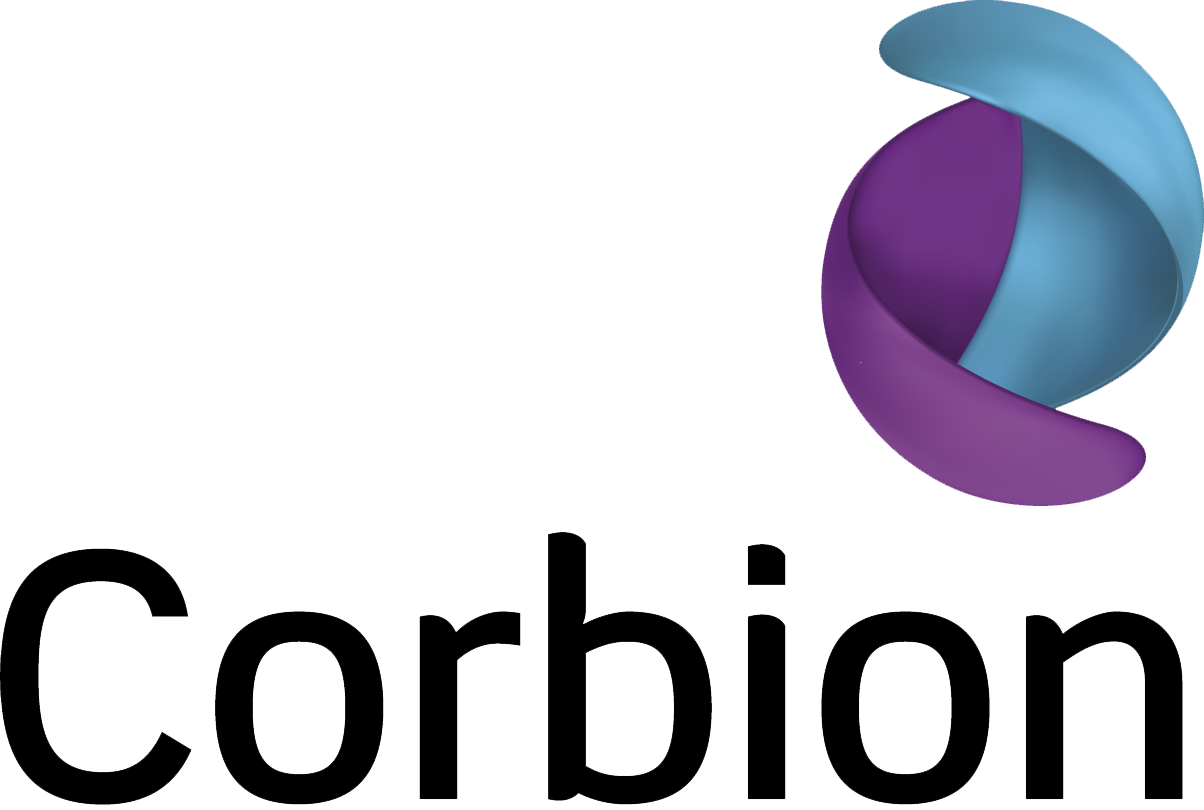Test design material topics
Kopy article

Climate change | |
Definition | |
Corbion is committed to reduce its GHG emissions in line with 1.5°C to prevent increasingly dangerous and irreversible climate change impacts. Climate change could affect Corbion in all areas of business through transition and physical risks, but could also provide opportunities to capitalize on. | |
Boundaries: Corbion value chain | |
Impact | |
+ | Corbion's products enable the transition to a low carbon economy through biobased products with a reduced carbon footprint and through the reduction of food waste. |
– | Corbion's own operation and value chain have a negative impact on climate change due to Scope I, II, and III emissions. |
Risks & Opportunities | |
+ | Potential for growth due to customers seeking low carbon products and products that can extend shelf life and reduce food waste. |
– | Climate change can result in physical risks like reduced yields in agriculture and disruption of logistics and operations. |
– | CO2 emissions in own operations can lead to high CO2 taxes. |
Policies and targets | |
Our performance / Sustainability performance / Sustainability performance indicators (see Preserving the planet table); | |
Impact on SDGs | |

Circular economy | |
Definition | |
Corbion contributes to the circular economy through the use of renewable raw materials instead of fossil resources to produce biobased specialty chemicals. Corbion's ingredients for shelf-life extension enable our customers to reduce food waste along the (downstream) value chain. | |
Boundaries: Corbion value chain | |
Impact | |
+ | Corbion’s products enable customers to become more circular by switching to biobased alternatives, thus reducing the consumption of fossil resources. |
+ | Corbion's solutions enable customers to extend the shelf life of food products, which can reduce waste at customers' operations or further downstream. |
– | Corbion's conventional lactic acid technology involves the consumption of lime and sulfuric acid and the landfill of by-products. In all our operations, waste is generated. |
Risks & Opportunities | |
+ | Potential for market growth due to customers seeking biobased products and products that enable the reduction of food waste. |
– | Risk of high costs or even business interruption in case of strict by-product regulation. |
Policies and targets | |
Our performance / Sustainability performance / Sustainability performance indicators (see Preserving the planet table); | |
Impact on SDGs | |

Biodiversity | |
Definition | |
Corbion is committed to eliminating deforestation and reduce negative impacts on ecosystems in our agricultural supply chain. Additionally, Corbion aims to improve biodiversity underwater through our algae-based ingredients. | |
Boundaries: Corbion value chain | |
Impact | |
– | The majority of our raw materials are agriculturally derived, and agriculture has significant negative impacts on climate, water, and biodiversity. Examples include cane burning in Thailand and pollution of water due to the use of pesticides. |
+ | The algae solution, which is an alternative to traditional fish oil, offers a replacement for a product that reduces marine biodiversity. |
Risks & Opportunities | |
+ | Our algae solution enables sustainable aquaculture growth. Corbion is well positioned to be a leading algae omega-3 player. |
– | Regulations aimed at improving biodiversity could influence the supply chain. For instance, banning the use of fertilizers may lead to an increase in the cost of our agricultural raw materials, such as sugar. |
– | The risk of a customer forcing Corbion to change suppliers arises in case of deforestation. |
Policies and targets | |
Our performance / Sustainability performance / Sustainability performance indicators (see Preserving food and food production table); | |
Impact on SDGs | |

Water | |
Definition | |
Corbion impacts the water cycle by consuming water and impacts water quality, in our own operations and in our supply chain. | |
Boundaries: Upstream value chain and Own operations | |
Impact | |
– | Corbion uses water, especially in agriculture (e.g., sugar cane is a water-intensive crop). This can result associated social risks, such as community rights (access to resources) and impact the environment. |
Risks & Opportunities | |
– | 35% of our water consumption comes from high water stressed areas and 7% from extremely high water stress areas. Issues with water availability and water quality could interrupt these manufacturing processes. |
– | Agriculture is dependent on water availability and quality. Issues with water availability and quality could impact pricing and availability of agriculturally-derived raw materials. |
Policies and targets | |
Our performance / Sustainability performance / Preserving the planet; | |
Impact on SDGs | |

Human rights in the supply chain | |
Definition | |
Corbion’s products rely on agriculturally-based raw materials such as sugarcane, soy, and oil palm, the cultivation of which exposes supply chain workers to human rights and labor risks. Corbion manages social risks and respects human and labor rights along the supply chain, making positive impacts where possible. | |
Boundaries: Upstream value chain | |
Impact | |
+ | Engagement with key suppliers and use of collective leverage such as collaboration with industry peers can drive change and deliver positive social outcomes in the lives of supply chain workers. |
– | Potential negative impact on supply chain workers mainly in Brazil, Thailand, Indonesia, and Malaysia. |
Risks & Opportunities | |
– | A human rights violation or complicity in a human rights violation through our supply chain may impact our reputation and affect customers, shareholders, and (potential) employees. |
– | Legislative developments in the EU increase the risk of liability for such violations if we do not conduct appropriate due diligence and assess our relationship to these impacts. |
Policies and targets | |
Our performance / Sustainability performance / Human rights and labor practices | |
Impact on SDGs | |

Consumer health and product safety | |
Definition | |
Corbion's solutions contribute to the safety of customers' products and the health of end consumers. Algae-based solutions ingredients provide nutrional benefits for human diets and solutions for food preservation enable customers to ensure food safety. Additionally, patients benefit from Corbion's range of biomaterial products. Imperative to these benefits is Corbion's ensurance of the safety and quality of its products. | |
Boundaries: Own operations and Downstream value chain | |
Impact | |
+ | Corbion's products increase the safety of customers' food products and guarantee the safe use of biomedical solutions. |
+ | With an increased focus on nutrition there is potential for Corbion's impact to grow. |
– | Potential product contamination could lead to negative health impacts downstream. |
Risks & Opportunities | |
+ | Health and nutrition is the key value proposition of Corbion that enables growth. |
– | Not being able to timely react to changing customer demands in respect to health and sustainability could result in lost sales opportunities or loss of market share. |
Policies and targets | |
Our performance / Sustainability performance / Sustainability performance indicators (see Preserving health table); | |
Impact on SDGs | |

Human capital | |
Definition | |
Employee wellbeing is crucial to Corbion's success, as it directly influences productivity, engagement, and overall organizational performance. Corbion fosters diversity and inclusion, ensuring equal opportunities for all employees. | |
Boundaries: Own operations | |
Impact | |
+ | Corbion offers competitive employee benefits as well as fair and equitable pay, ensuring a living wage for all employees. |
+ | Corbion's employee engagement survey shows that people feel mentally safe in the company environment. Employees feel free to speak up and act the way they want to. |
Risks & Opportunities | |
– | Being unable to attract or retain skilled employees could impede Corbion from fulfilling its commitments or delay the successful achievement of our strategic objectives. |
Policies and targets | |
Our performance / Sustainability performance / Diversity, equity, and inclusion (DEI); | |
Impact on SDGs | |

Health and safety | |
Definition | |
Corbion provides a safe and healthy working environment for all employees, contractors, and visitors. | |
Boundaries: Own operations | |
Impact | |
– | Adverse incidents could result in health issues and in the worst-case scenario, fatalities, therefore Corbion puts stringent prevention and mitigation measures in place. |
Risks & Opportunities | |
Not applicable (not material from Financial perspective). | |
Policies and targets | |
Our performance / Sustainability performance / Sustainability performance indicators (see Preserving health table); | |
Impact on SDGs | |

Data security | |
Definition | |
Corbion has the responsibility to treat data from our employees, business partners, and other stakeholders with care, limit access to persons on a need-to-know basis and respect the privacy of those concerned. Corbion is also committed to protecting this data and our digital infrastructure against cybercrime. | |
Boundaries: Own Operations | |
Impact | |
Not applicable (not material from Impact perspective) | |
Risks & Opportunities | |
– | Risk of cybercrime could lead to business interruption and high costs as well as reputation damage. |
Policies and targets | |
How we safeguard long-term value / Control environment / Corbion top risks; | |
Impact on SDGs | |
Kopy articel

